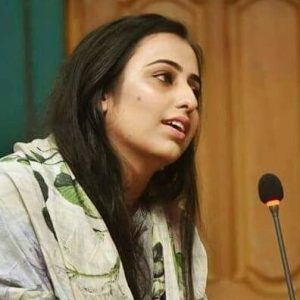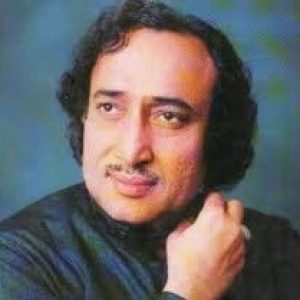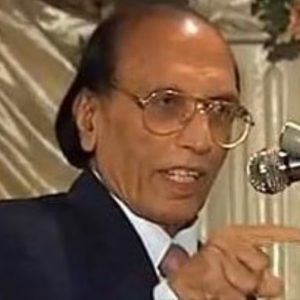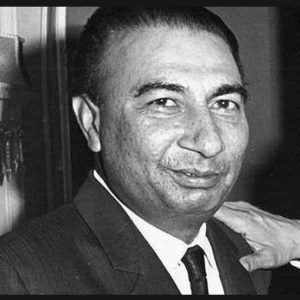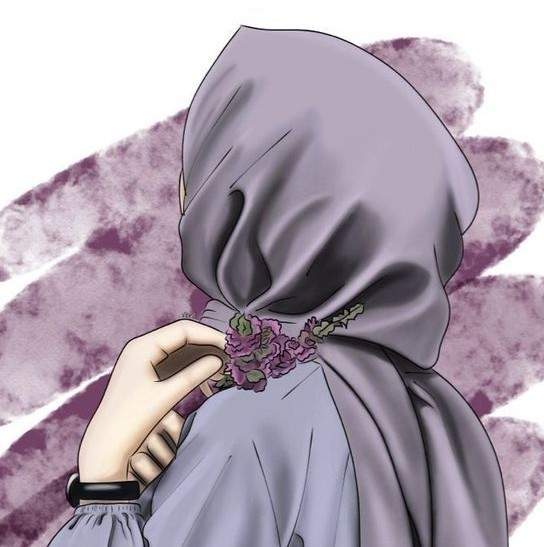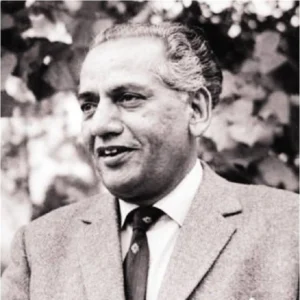
Faiz Ahmed Faiz
Born in : Sialkot (now in Pakistan)
About The Poet
Born on February 13, 1911, in Sialkot (now in Pakistan), Faiz Ahmed Faiz was not only one of the greatest Urdu poets of the 20th century but also a voice of conscience, revolution, and hope. His poetry fused beauty with resistance, love with struggle, and personal sorrow with collective dreams, making him a timeless icon in Urdu literature and political thought.
Literary Style & Themes
Faiz’s poetry was shaped by both classical tradition and modern revolutionary ideals. Drawing from Persian and Urdu influences, he blended delicate imagery with a powerful sense of justice. His verses often began with the softness of love, only to expand into a broader canvas of resistance against oppression and inequality.
He wrote on themes such as:
The sorrows and solace of love
Social injustice and human dignity
Exile, imprisonment, and silence
Political resistance against tyranny
Dreams of a just and beautiful world
His ghazals and nazms carried emotional resonance and intellectual strength. Every word felt lived and felt—whether it spoke of a beloved or a broken nation.
Political Beliefs & Struggles
Faiz was a committed Marxist and a founding member of the Progressive Writers’ Movement in British India. After Partition, he worked as a journalist and editor, but his commitment to social change often brought him into conflict with political powers.
In 1951, he was imprisoned for several years in the Rawalpindi Conspiracy Case, accused of plotting a coup. It was during these years in prison that he wrote some of his most haunting and moving poetry—where pain became patience, and silence turned to song.
He lived in exile in Lebanon and the UK at different times, yet his heart remained bound to the hopes of the people of South Asia.
Recognition & Influence
Faiz was awarded the Lenin Peace Prize in 1962, among many other honors. His influence reached beyond literature—he became a cultural symbol of resistance, often quoted in protests, peace movements, and intellectual circles across Pakistan, India, and the world.
Artists, singers, and writers continue to reinterpret his poetry through music, theatre, and art. His verses have been immortalized by voices like Iqbal Bano and Tina Sani, making his work part of the cultural consciousness.
Legacy
Faiz Ahmed Faiz passed away on November 20, 1984, in Lahore, Pakistan. His funeral drew thousands, a reflection of how deeply he touched lives.
Even decades after his death, Faiz remains more than a poet—he is a feeling, a symbol of beauty and resistance. His words continue to inspire those who believe in freedom, justice, and the possibility of a gentler world.
In the silence of censorship, in the face of injustice, and in the longing of exiles—Faiz still speaks.
- Born on : February 13, 1911
- Died Location: Lahore, Pakistan
- Died: November 20, 1984
- Born Location: Sialkot, Pakistan

